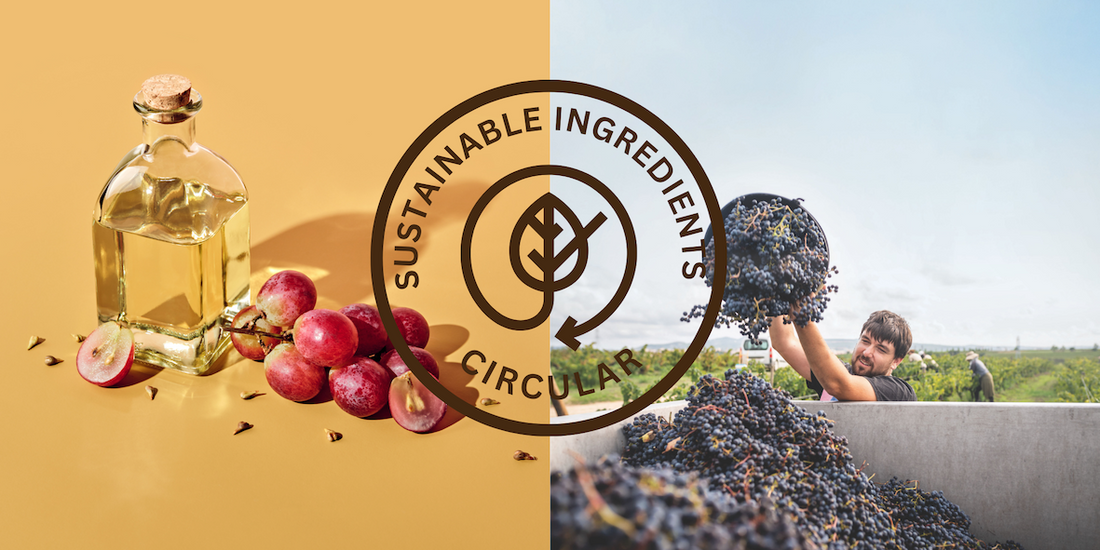There’s no doubt global supply chains continue to face a multitude of challenges that demand innovative solutions. As we head into 2024, continuing disruptions caused by the COVID-19 pandemic, ongoing global tensions, inflationary pressures, supply uncertainty and environmental concerns are all forcing companies to re-evaluate their traditional supply chain models.

Embracing a circular food system and integrating upcycled food ingredients can be a strategic approach for smart food brands to navigate supply chain challenges. Here are several reasons why this shift can be beneficial:
- Sustainability Leadership: Embracing a circular food approach positions food brands as leaders in sustainability. It demonstrates a commitment to reducing environmental impact and promoting responsible practices throughout the supply chain.
- Environmental Impact Reduction: Circular food systems actively contribute to reducing the overall environmental impact of the food industry. By minimising waste and optimising resource use, brands can contribute to a more sustainable and ecologically responsible food production process.
- Consumer Trust and Loyalty: Modern consumers are increasingly conscious of the environmental and ethical aspects of their purchasing decisions. Brands that adopt circular food approaches can build trust and loyalty by aligning with consumer values and demonstrating a commitment to positive environmental practices.
- Innovation and Differentiation: Circular sourcing allows for innovative product development, enabling food brands to create unique offerings in the market. This differentiation can be a competitive advantage, attracting consumers seeking novel and sustainable options.
- Transportation and Logistics: The lightweight and compact nature of powdered ingredients can lead to reduced transportation costs and environmental impact. This is particularly relevant for food brands with widespread distribution networks.
- Storage Efficiency: Powdered ingredients are inherently space-efficient, facilitating easier storage and reducing the need for extensive warehouse space. This can be especially advantageous for both manufacturers and retailers with limited storage capacity.
- Cost Efficiency: Powdered ingredients can contribute to cost savings in terms of production, storage, and transportation, making them an economically viable choice for food brands.
- Positive Public Relations: Communicating efforts toward a circular food approach can enhance a brand's public image. This positive publicity can resonate with environmentally conscious consumers and attract positive media attention.
Staying ahead of supply chain trends is essential for the success of any business. Transitioning to a circular food system and incorporating upcycled food ingredients aligns with both environmental responsibility and business strategy. It not only addresses supply chain challenges but also positions food brands to thrive in a market where sustainability is becoming a key driver of consumer choices.
If you're seeking innovative solutions and high-quality ingredients, consider reaching out to Extracta. Our commitment to excellence, sustainable practices, and adaptability to industry trends positions us as a reliable partner for your business needs. Feel free to connect with us, and let's explore how Extracta can contribute to the success of your products in the ever-evolving landscape of the food industry.

